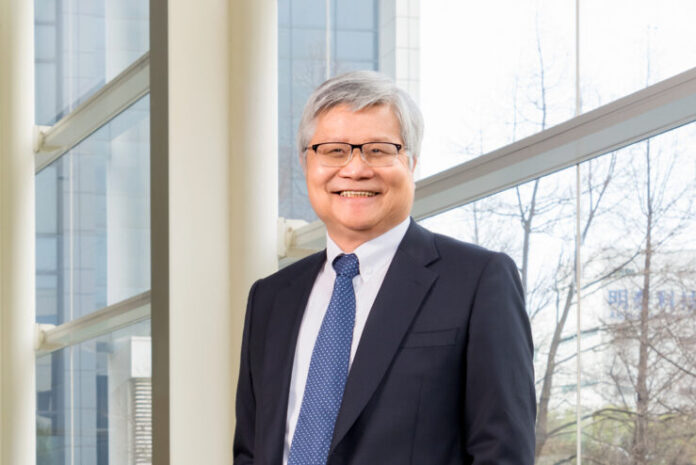
The Taiwan Semiconductor Manufacturing Company (TSMC)'s 2-nanometer chip manufacturing plant slated to start construction in Taiwan's Taichung City will not be able to start construction by the end of this year, according to the director of the agency responsible for managing science and technology infrastructure in the island. TSMC planned to build two 2-nanometer sites in Taiwan, with the first in Hsinchu City. However, the firm confirmed earlier this year that it would also manufacture the next-generation chips in the island's Kaohsiung City as well, and it appears that this decision has been motivated by delays in the approval for the Taichung site.
TSMC's Taichung 2-nanometer Chip Plant Will Most Unlikely Be Unable To Start Construction By 2023 End
The main hurdles surrounding the 2-nanometer site in Taichung revolve around the plant's water and electricity needs. Chip fabrication is a resource intense process that requires high levels of purity which needs large amounts of pure water to ensure that the purity requirements of the products are met. These have often created hurdles for TSMC, with a drought in Taiwan in 2021 forcing the fab to meet its water requirements by ordering water tankers.
According to Taiwanese sources, if the city government approves the Taichung 2-nanometer fab's plans, then they will be forwarded to the interior ministry. The review at this stage will allow for land allocations and related operations, but the sources believe that even if the ministry approves the project as soon as it can, the subsequent formalities will most likely mean that TSMC cannot start construction by the end of this year.
TSMC plans to mass produce 2-nanometer products in 2025, and before it can do so, it has to set up the machines and start the trial production process. This process ensures that the machines are in working condition to support mass production. It also tests the yield of the products to avoid any impurities or defective products being made at a large scale during the mass production process.

The Taichung site will be built at the Zhong-ke science park expansion, and the plans for the park's expansion were submitted to the city government in March last year. However, since then, no approval has been granted, as city officials are uncertain about the plan's impact on residents' water and electricity consumption.
Taiwan's utilities, Taiwan Power and Taiwan Water, both owned by the Ministry of Economic Affairs, have assured that the 2-nanometer plant's water and power usage will not affect Taichung residents. This has sped up the Zhong-ke expansion, with the expansion plan placed on the agenda of the Taichung city government. However, as highlighted above, this might be too late for the plant's construction to start later this year.
On the other side of the world in America, TSMC's new Arizona manufacturing plant has started installing advanced EUV chipmaking machines. Reports suggest that the Arizona plant still requires 2,000 workers to install equipment, and the site has been a source of considerable controversy as local employees have castigated TSMC for bringing in Taiwanese specialists to install the machines.
WccftechContinue reading/original-link]




